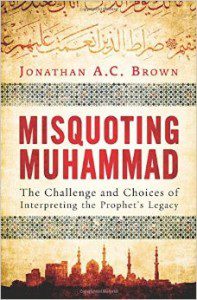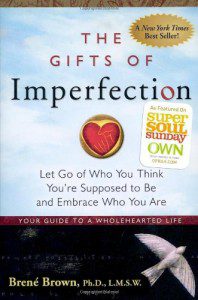Lee Camp, Who Is My Enemy? Questions American Christians Must Face about Islam — and Themselves (Brazos Press 2011), 174 pages.
My reading of Lee Camp from this book, from his earlier book Mere Discipleship: Radical Christianity in a Rebellious World, and from listening to his podcast is that he fits within the realm of Christian theology known as postliberalism. As the name implies, postliberalism is “post” — that is, “after” or “a response to” — liberalism. Whereas liberalism was a turn from orthodoxy toward reason and individual human experience as criteria of authority, postliberalism is a turn back toward community and the apostolic tradition.
With these theological divisions in mind, I was intrigued to see that Lee Camp’s latest book is an extended meditation on what it means to take seriously Jesus’ commandment in the Sermon on the Mount to “Love your enemies and pray for those who persecute you” (to read the larger context, see Matthew 5:43-48). Lee may be a postliberal, but even full-fledged liberals such as the members of the Jesus Seminar consider this teaching to be central to the message of the historical Jesus.
In The Five Gospels: What Did Jesus Really Say? The Search for the Authentic Words of Jesus, the members of the Jesus Seminar famously declared that only about twenty percent of the words attributed to Jesus in the four canonical Gospel were spoken by the historical Jesus. Even with their skeptical criteria, the members of the Jesus Seminar rated Jesus’ teaching to “Love your enemies” as “red” saying, which is their highest color-coded rating. Moreover, of all the sayings they attribute to the historical Jesus, the saying to “Love your enemies” is rated as one that is the fifth most likely to have been spoken by the historical Jesus. All that is to say, if both liberals and postliberals agree that a statement is central to the teachings of the historical Jesus, then Lee Camp’s exploration of what this teaching means in regard to Islam is particularly relevant in our culture of Islamophobia in which far too many Christians too often associate the word Islam with the word enemy.
Besides citing Jesus’ teaching to “Love your enemies” as an epigram to his book, Camp also lists the teaching from the Pauline tradition in Ephesians 6:12 that, “Our struggle is not against enemies of flesh and blood, but against the rulers, authorities, and cosmic powers of this present darkness.”* This connection is an important intertextual juxtaposition. First, Camp notes the synchronicity that on the eve of his deadline to turn in the final copy of his manuscript, President Obama announced that a U.S. Navy SEAL team had killed Osama bin Laden. The first biblical quotation alone calls this decision into question: “How can killing [an] enemy be a victory for those who follow the Jesus who taught us to love our enemies?” (xi). Second, when the quotation from the Pauline corpus is thrown into the mix, it becomes increasingly unclear that the Christian tradition is principally concerned with humans as enemies. To quote Ephesians again, “Our enemies are not flesh and blood.” Instead, is the biblical tradition directing our attention toward more systemic, institution evil such as slavery, classism, racism, and heterosexism that mitigate against the movement that Jesus called the kingdom or reign of God and that Martin Luther King, Jr. called the work of building the Beloved Community?
In the course of his short book, Camp surveys the important precedents for Christian nonviolent activism, which was especially prevalent in the centuries before the Emperor Constantine began the process of giving Christianity the official blessing of the Roman Empire, which in turn “baptized” the state’s use of violence. Camp also examines the interplay of violence and nonviolence as well as between church/mosque and state — all of which are critical dimensions of Christian perceptions of Muslims. To take only one of his provocative (but nonetheless generally accurate) conclusions, “The mainstream of Christian tradition, with its Just War tradition, looks more like the Muhammad story than the Jesus story” (140). Camp’s book is an important contribution to Christians’ perception both of their own tradition and that of their Muslim neighbor, whom Jesus calls us to love whether they are our neighbors or enemies. Camp’s book helps us all wrestle with what that call to “Love your enemies” means historically, today, and for our collective future.
The Rev. Carl Gregg is the pastor of Broadview Church in Chesapeake Beach, Maryland. Follow him on Facebook and Twitter.
This book review is a part of the Roundtable at the Patheos Book Club. Visit the Book Club website for more free resources related to this book.
*I use the term “Pauline tradition” because Ephesians was almost certainly not written by the historical Paul. For more on why that is the case, see any (or all!) of some of the excellent, accessible books on Pauline authorship that have been published recently:
(1) The First Paul: Reclaiming the Radical Visionary Behind the Church’s Conservative Icon by Marcus J. Borg and John Dominic Crossan
(2) Paul Was Not a Christian: The Original Message of a Misunderstood Apostle by Pamela Eisenbaum
(3) Forged: Writing in the Name of God–Why the Bible’s Authors Are Not Who We Think They Are by Bart D. Ehrman












